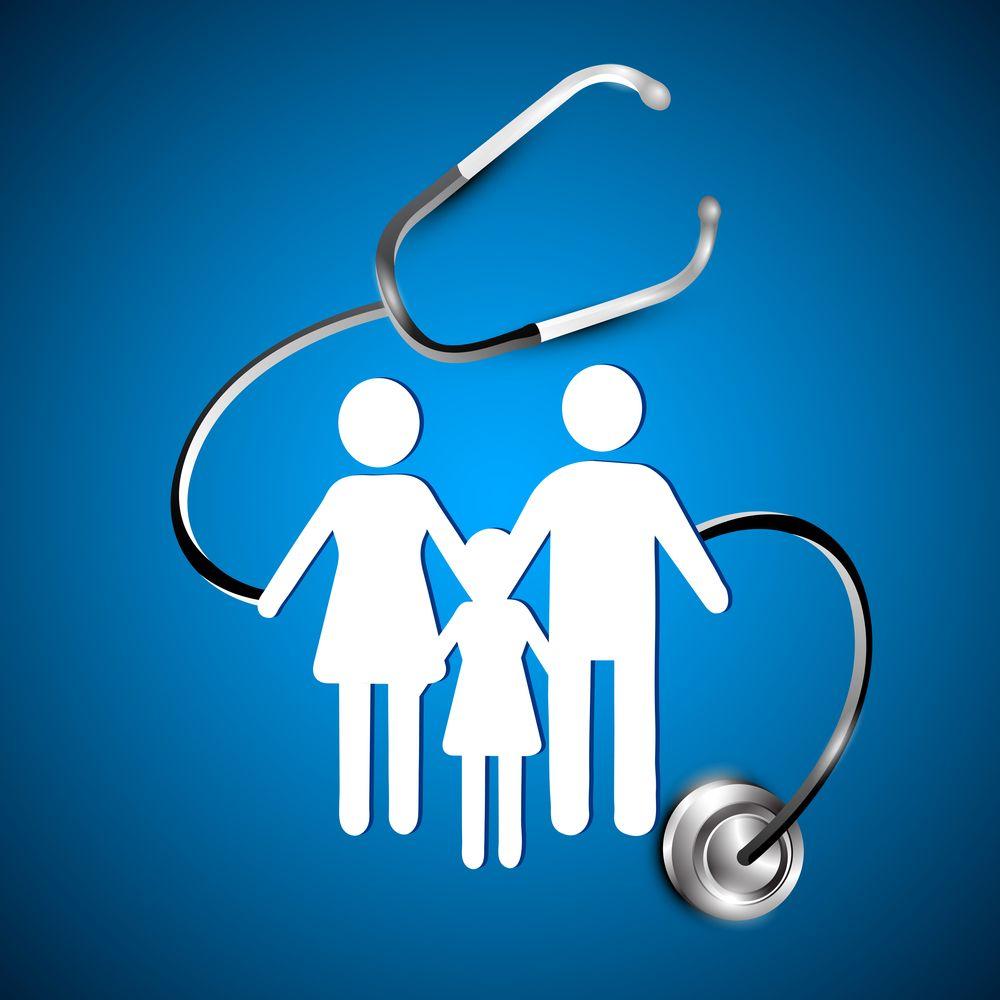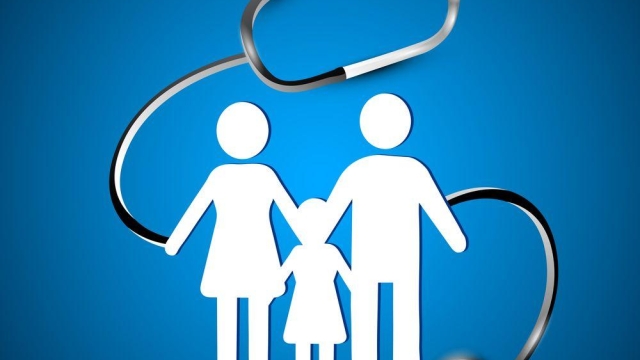 As couples embark on the transformative path to parenthood, they often find themselves seeking resources and support, prompting them to click on options like Sign Up for parenting classes or community groups.
As couples embark on the transformative path to parenthood, they often find themselves seeking resources and support, prompting them to click on options like Sign Up for parenting classes or community groups.
The journey to parenthood is often filled with hope, anticipation, and a myriad of emotions. From the moment a couple begins contemplating the possibility of starting a family, they embark on a transformative path that encompasses fertility, pregnancy, and postpartum care. Each stage of this journey is interconnected, playing a crucial role in the well-being of both the parent and the child. Understanding this holistic approach can help individuals and couples navigate the complexities of becoming parents with greater ease and confidence.
Throughout this exploration, we will delve into the essential aspects of fertility—discussing not only the biological factors involved but also the emotional and psychological elements that come into play. As we progress into the stages of pregnancy, we will highlight the importance of prenatal care, nutrition, and emotional support in fostering a healthy environment for the developing baby. Finally, we will address postpartum care, emphasizing the significance of recovery, self-care, and the adjustment to life with a newborn. This comprehensive perspective aims to empower and inform those on this profound journey from conception to cradle.
Fertility Awareness and Support
Understanding fertility is crucial for those looking to conceive. It involves knowledge about the menstrual cycle, ovulation, and the factors that can impact reproductive health. Many individuals and couples benefit from tracking their cycles and recognizing signs of ovulation, such as changes in cervical mucus or basal body temperature. This awareness not only enhances the chances of conception but also empowers individuals to take charge of their reproductive health.
Access to support and resources is essential during the journey to conceive. There are various options available, from fertility awareness classes to online communities that provide emotional and informational support. Consulting with healthcare professionals can also offer personalized insights and recommendations. Many organizations focus on educating individuals about fertility options, helping them navigate challenges they may face, and offering coping strategies for any emotional distress that arises during this time.
In addition, holistic approaches to fertility support can be incredibly beneficial. This may include nutritional guidance, stress management techniques, and alternative therapies such as acupuncture. Incorporating these elements fosters a well-rounded approach to fertility, addressing both the physical and emotional aspects. Building a strong support network, whether through friends, family, or professionals, can create a nurturing environment conducive to conception, providing the necessary encouragement along the way.
Navigating Pregnancy Health
During pregnancy, maintaining optimal health is a vital part of supporting both the mother and developing baby. Prenatal care should begin as soon as pregnancy is confirmed, with regular check-ups to monitor the health of both. These appointments allow healthcare providers to screen for any potential issues, track the growth and development of the fetus, and ensure that the mother is receiving the appropriate nutrients. Important discussions about lifestyle choices, such as diet, exercise, and avoiding harmful substances, are essential for fostering a healthy pregnancy environment.
Nutrition plays a key role during this transformative period. Expecting mothers should focus on a balanced diet rich in vitamins and minerals, particularly folic acid, iron, and calcium. This not only supports the baby’s growth but also helps minimize common pregnancy-related issues such as nausea, fatigue, and gestational diabetes. Staying hydrated and incorporating regular, moderate exercise can also alleviate physical discomfort and promote overall well-being. Some women may benefit from prenatal vitamins, which can fill in any nutritional gaps and support health throughout the pregnancy.
In addition to physical health, emotional well-being is equally significant during pregnancy. The journey can bring about a range of emotions, from excitement and joy to anxiety and uncertainty. Building a support network of family, friends, or professionals can provide reassurance and companionship. Engaging in relaxation techniques, such as prenatal yoga or meditation, can further enhance mental health and help prepare for the challenges of motherhood. Fostering both physical and emotional health creates a strong foundation for a successful pregnancy and a positive transition into motherhood.
Empowering Postpartum Recovery
The postpartum period can be both joyful and challenging as new parents navigate the changes that come with welcoming a baby. During this time, it is essential to prioritize self-care and recovery. Resting as much as possible and allowing the body time to heal can significantly impact emotional and physical well-being. Establishing a support network of family and friends can also provide the necessary encouragement and assistance needed during this transition.
Nutrition plays a crucial role in postpartum recovery. Eating a balanced diet rich in vitamins, minerals, and protein supports healing and can help manage energy levels. Hydration is equally important, especially for nursing mothers, as it affects milk production and overall health. Engaging in light physical activity, as advised by healthcare providers, can help improve mood and promote physical recovery over time.
Mental health should not be overlooked during this period. Many individuals experience a range of emotions after childbirth, and seeking professional support can be beneficial. Practicing mindfulness, connecting with other new parents, and allowing oneself to feel and express emotions are vital steps in the healing journey. By acknowledging and addressing these aspects of postpartum care, new parents can empower themselves and foster a healthier transition into parenthood.






